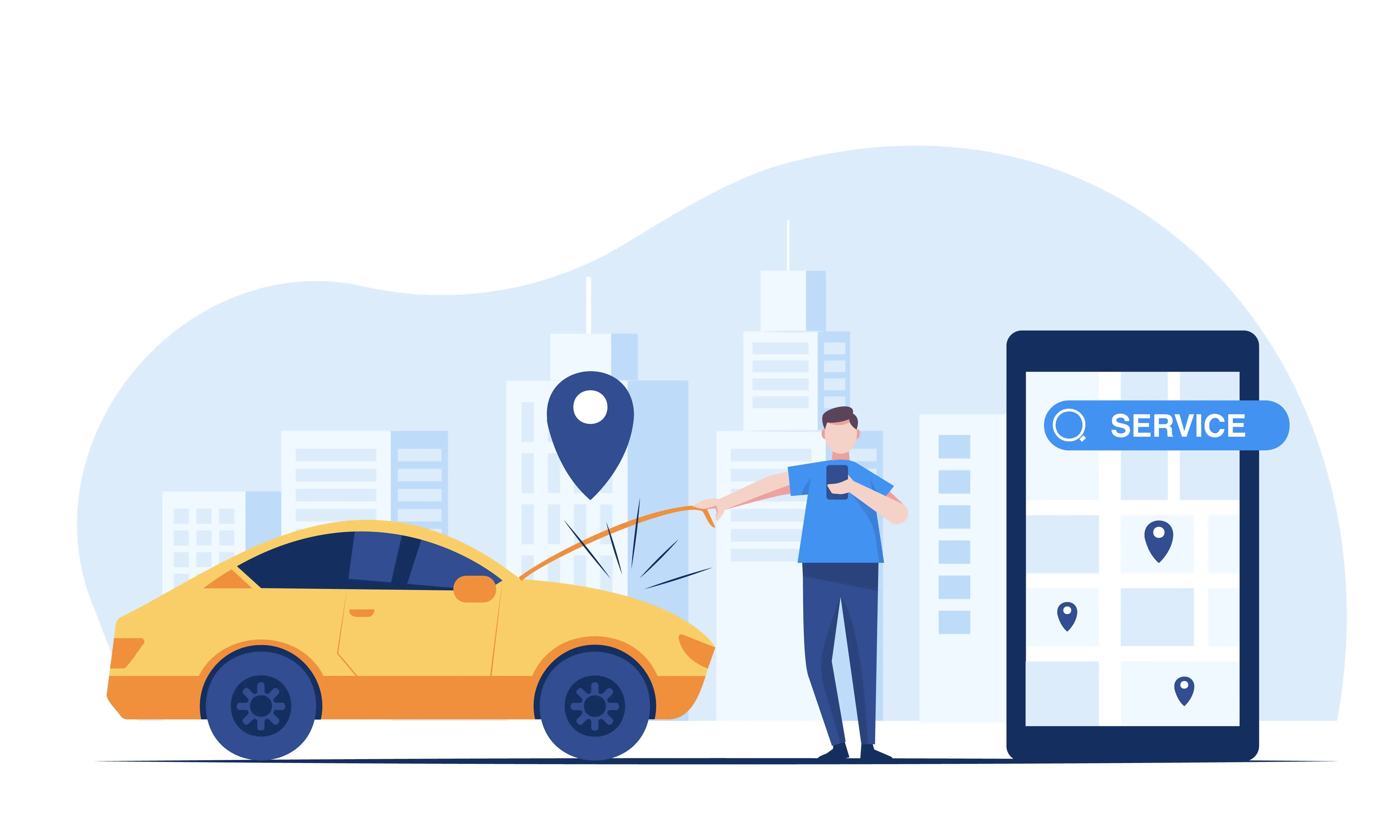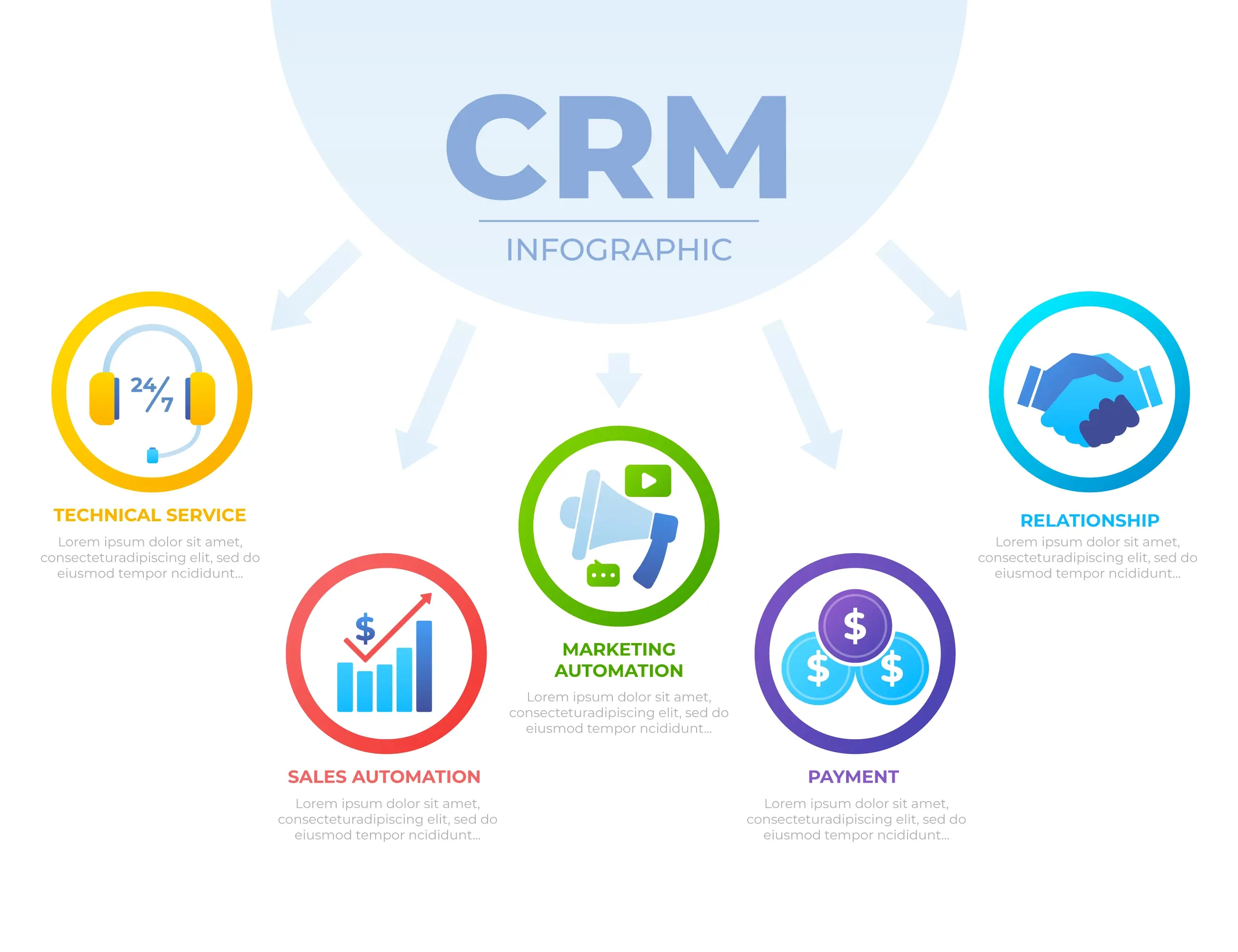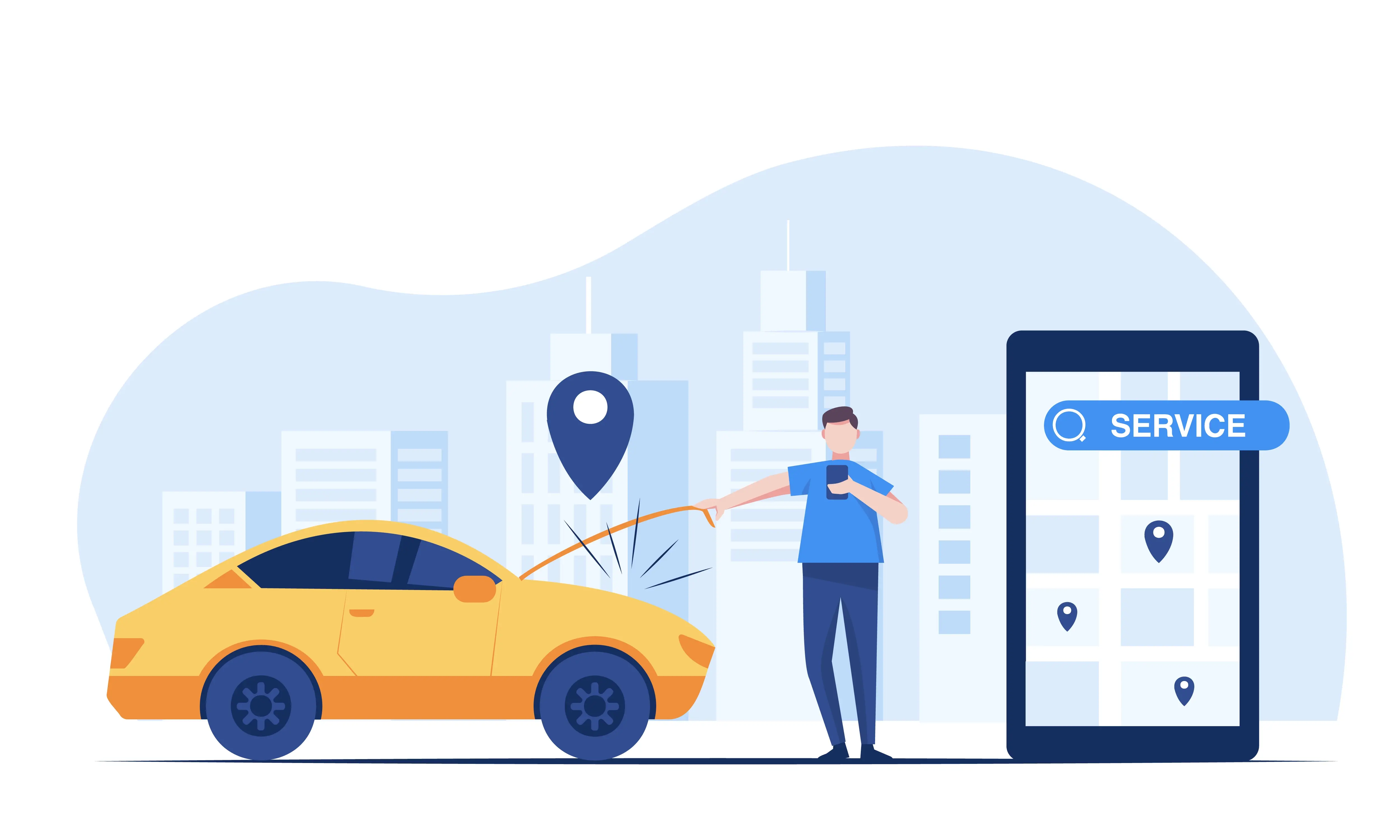
In today's competitive automotive industry, where customer satisfaction and retention are paramount, Automobile Showrooms and Dealerships are turning to Customer Relationship Management (CRM) systems to revolutionize their operations. CRM technology has evolved beyond its traditional sales and marketing functions, becoming an indispensable tool for streamlining processes, enhancing customer experiences, and boosting overall business performance. In this blog, we'll explore why an automobile showroom or dealer should leverage CRM, backed by real-world use cases, analytics, and the myriad benefits it brings to the table.

Understanding CRM in the Automotive Context
Lead Management
- Challenge: Managing leads manually can be overwhelming and prone to errors.
- AI Solution: A CRM system automates lead capture, assigns leads to sales representatives, and tracks interactions throughout the sales funnel.
- Benefit: Improved lead-to-sale conversion rates, reduced lead leakage, and streamlined communication.
Customer Segmentation
- Challenge: Treating all customers the same may lead to missed opportunities for personalized engagement.
- AI Solution: Segmentation based on demographics, purchase history, and preferences allows for targeted marketing and tailored communication.
- Benefit: Increased customer engagement, higher conversion rates, and improved customer satisfaction.
Service Reminders and Maintenance Alerts
- Challenge: Keeping track of service schedules and maintenance can be challenging for both dealers and customers.
- AI Solution: Automated service reminders and maintenance alerts ensure timely communication, fostering customer loyalty.
- Benefit: Enhanced customer retention, increased service revenue, and improved brand perception.
Analytics
Sales Performance Metrics
- Conversion rates, sales cycle length, and revenue generated per sales representative.
- Identify top-performing salespeople, optimize sales processes, and forecast future sales trends.
Customer Satisfaction Scores
- Net Promoter Score (NPS) and customer feedback.
- Measure customer satisfaction, identify areas for improvement, and enhance the overall customer experience.
Marketing ROI
- Conversion rates, leads generated, and cost per acquisition.
- Evaluate the effectiveness of marketing campaigns, allocate resources wisely, and refine marketing strategies.
Benefits of Using CRM in Automobile Showrooms and Dealerships
Enhanced Customer Experience
Personalized interactions, timely communications, and streamlined processes contribute to an exceptional customer experience.
Improved Sales Efficiency
Automated lead management, real-time analytics, and targeted marketing efforts result in faster and more efficient sales processes.
Increased Customer Retention
Regular communication, service reminders, and personalized offers foster customer loyalty, leading to higher retention rates.
Data-Driven Decision-Making
Analytics provide valuable insights, empowering dealerships to make informed decisions and stay ahead of market trends.
Cost Savings
Automation reduces manual workload, minimizes errors, and optimizes resource allocation, leading to cost savings in the long run.
Conclusion
In conclusion, the implementation of a CRM system in an automobile showroom or dealership is no longer an option but a strategic necessity. The use cases, analytics, and benefits discussed underscore the transformative impact CRM can have on every aspect of the business, from sales and marketing to customer service and beyond. As the automotive industry continues to evolve, embracing CRM technology is the key to staying competitive, driving customer satisfaction, and accelerating business success.






